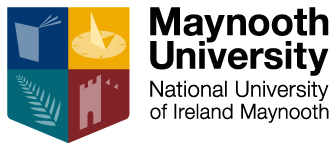| |
This module explores the substantive rights, legal procedures and institutional mechanisms that seek to protect economic, social & cultural rights in both domestic legal systems and international human rights law. What are economic, social & cultural rights, and on what terms are they justified? Does every individual hold, for example, a right to a house, or a right to a free education, or a right to a constant supply of water? Are such things ‘legal’ rights, in a judicially enforceable sense, or social aspirations whose availability inevitably oscillates with the politics of the day and the whims of the market? What relevance do budget allocation and public finance decisions have as sites for the ‘progressive realisation’ of economic, social & cultural rights? What is the relationship between economic development and socio-economic rights? What does the pervasiveness of models of neo-liberalism and austerity mean for socio-economic rights? What are the mechanisms for claiming economic, social and cultural rights? To what extent, if any, can they be claimed collectively?
The module will examine state obligations in this context under international human rights law. It will analyse the extent to which economic, social & cultural rights are protected in domestic legal systems, and will review relevant jurisprudence from comparative jurisdictions. The challenges for socio-economic rights advocates in redressing domestic and global inequalities remain substantial. This module aims to help students to understand and analyse the roots and scale of these challenges, and to develop the tools and thinking necessary to tackle them.
|
 ECONOMIC, SOCIAL AND CULTURAL RIGHTS
ECONOMIC, SOCIAL AND CULTURAL RIGHTS

